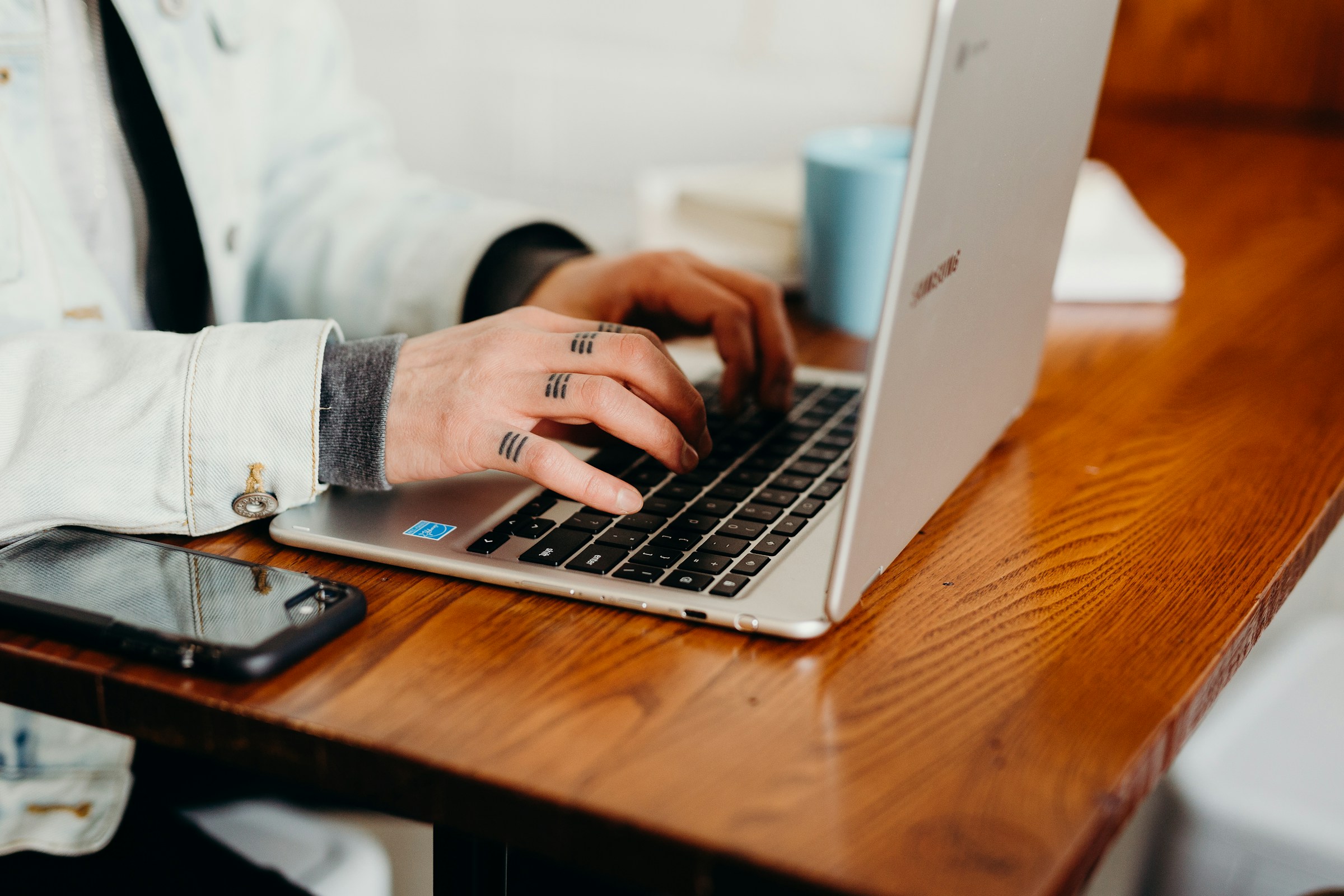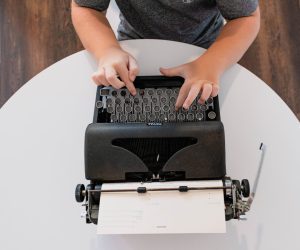
In today’s digital age, images are everywhere — from social media to e-commerce and beyond. With the increasing volume of visual content, finding the original source of an image or verifying its authenticity is more important than ever. That’s where reverse image search tools come into play. These tools help you trace where an image came from, find higher resolution versions, identify objects and locations, and even detect digital manipulation. As we move into 2025, here are the top 10 reverse image search tools you need to try.

1. Google Images
Google Images remains one of the most popular and reliable reverse image search engines. With its massive database, it efficiently locates similar images across billions of indexed web pages.
- Just drag and drop or upload an image
- Option to paste image URLs
- Provides visually similar results and related pages
Highly useful for journalists and content creators alike.
2. TinEye
TinEye is a dedicated reverse image search tool known for its precision and privacy-focused features. It doesn’t save your searches or images.
- Lets you search by image, URL, or drag-and-drop
- Allows filtering by date and domain
- Offers browser extensions for quick access
3. Bing Visual Search
Bing Visual Search is Microsoft’s answer to Google Images, providing a well-designed interface and accurate results.
- Search from computer or smartphone
- Can identify landmarks, flowers, and even clothing
- Integrates with Microsoft Edge for seamless use
4. Yandex Images
Russia-based Yandex offers a surprisingly powerful reverse image search engine. In some cases, it finds better matches for faces and photos not indexed by Google.
- Great for finding photos globally
- Excels in facial recognition searches
- Available in English and Russian
5. Pimeyes
Pimeyes focuses mainly on facial recognition. It’s especially helpful for checking where your face (or someone else’s) has appeared online.
- Specialized in human face searches
- Can find images even if they’re edited
- Offers premium features for professionals
6. Social Catfish
Geared toward online safety, Social Catfish combines reverse image search with identity verification tools. It’s popular for exposing catfishing attempts and fake profiles.
- Search by image, email, phone number, or name
- Especially useful for dating and social media
- Premium service with detailed results
7. Karma Decay
Karma Decay is a niche reverse image search tool that focuses on Reddit. It checks whether an image has already been posted on the platform.
- Helps avoid duplicate content
- Shows Reddit thread history for the image
- Simple and user-friendly interface
Perfect for Reddit users who want to stay original or validate image sources.
8. SauceNAO
SauceNAO is a favorite among anime and artwork lovers. It helps identify anime screenshots and visually similar artwork with surprising accuracy.
- Search engine tailored for anime and creative works
- Connects users to art-sharing platforms like Pixiv and DeviantArt
- Includes links to original sources and artist profiles
9. Berify
Berify is a premium service that monitors images for unauthorized use. Ideal for photographers and artists who want to protect their intellectual property.
- Performs deep web search across search engines
- Includes alert system for image matches
- Subscription-based with strong customer support

10. Reverse Image Search by DupliChecker
DupliChecker offers a straightforward reverse image tool that gets the job done quickly. Ideal for casual users who are looking for a quick search without registration.
- Works across multiple search engines
- No login or account needed
- User-friendly and great for beginners
Final Thoughts
Whether you’re a journalist, designer, social media user, or simply curious about an image’s origin, using a reverse image search tool can help uncover vital details. Each of the tools listed above has its strengths and specialties, so try a few to see which one best fits your needs in 2025. With advancements in AI and visual recognition technologies, the future of image search just keeps getting smarter — and more powerful.






